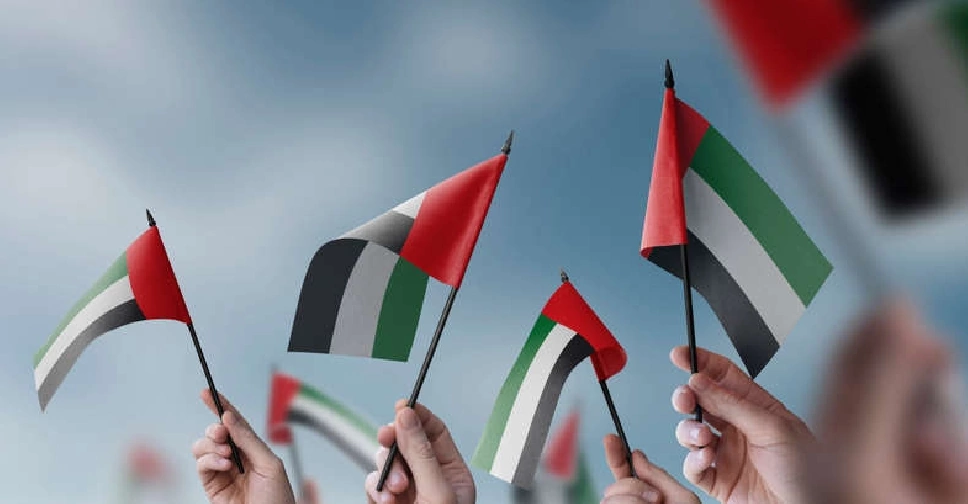
Anti-Money Laundering (АML) Laws in UAE
Money laundering is a global problem that threatens economic stability and security. To combat this threat, many countries, including the United Arab Emirates (UAE), are adopting strict measures. The UAE has become an important financial hub due to its strategic position, making it particularly vulnerable to financial crimes. However, the UAE government is actively working on creating a system to prevent money laundering.
Let’s take a look at the main measures and legislation regulating this area in the country.
Steps Taken Against Money Laundering in the UAE
The UAE is taking active measures to combat financial crimes by integrating international standards and recommendations. The main provisions on anti-money laundering and terrorist financing in the country are based on the recommendations of the Financial Action Task Force (FATF).
These recommendations require organizations to mandatorily identify clients. Additionally, they mandate thorough monitoring of financial transactions and the immediate reporting of suspicious transactions to the relevant authorities. These measures help prevent the use of the country’s financial system for illegal purposes like terrorism and financing of criminal organizations.
In the UAE, there is a special organization that ensures compliance with these requirements. The Central Bank of the UAE plays a key role in monitoring compliance with Anti-Money Laundering (AML) rules. Additionally, the Financial Intelligence Unit collects, analyzes, and exchanges information on suspicious transactions. An important component of the system is the creation of a special committee responsible for coordinating the fight against financial crimes at the national level.

The history of law enforcement in the field of Anti-Money Laundering (AML) in the UAE is driven by the need to protect the national economy from the threat posed by illegal financial flows. In recent years, the UAE government has been strengthening cooperation with international partners such as Interpol and the World Bank to exchange experience and improve law enforcement practices. The legislative framework has been significantly modernized, and advanced technologies have been implemented for the automatic detection of suspicious transactions.
Particular attention is paid to raising awareness among the population and businesses. Educational programs and informational campaigns are regularly conducted, aimed at preventing illegal activities by citizens and enterprises. These efforts contribute to forming a culture of law-abiding and responsible behavior among participants in economic activities. All these measures significantly reduce the risk of money laundering.
Money Laundering Laws in UAE Jurisdiction
UAE’s Anti-Money Laundering legal framework includes several key legislative acts. They ensure transparency and prevent financial crimes like the financing of terrorism and money laundering or other prohibited activities. One of the most important is Federal Law No. 15 of 2018 on combating money laundering and terrorism financing.
This law requires financial institutions, and other commercial organizations to verify their clients, confirm the sources of their income, and report suspicious transactions to the competent authorities. That includes designated non-financial businesses and professions (DNFBPs) like stockbrokers and banks, providing strict penalties for violating these requirements. The penalties include large fines and asset confiscation.
Another important document is Resolution of the Cabinet of Ministers No. 42 from 2019. This resolution clarifies procedures and requirements for businesses within the framework of combating money laundering. It includes rules for identifying ultimate beneficiaries and obligates companies to implement internal policies to prevent illegal financial operations. This document also helps standardize approaches to combating the financing of terrorism.
The UAE actively applies technologies to enhance the effectiveness of anti-money laundering measures. For example, automated monitoring systems are used to detect suspicious transactions in real-time. Such systems analyze large volumes of data and reduce the risk of human error. Additionally, the UAE actively cooperates with international organizations such as FATF to exchange experience and improve the regulatory framework.
The main objectives of the law are to protect the financial system from abuse, strengthen trust in financial institutions, and expand cooperation with international partners. Particular attention is paid to the confiscation of illegally acquired assets and the prevention of funding of terrorism and financing illegal organizations. Continuous updates to legislation will enable the UAE to effectively address issues related to financial crimes and maintain a high level of economic security.
The UAE’s comprehensive anti-money laundering approach demonstrates the UAE’s commitment to international standards. Regular improvements to the legislative framework and active use of modern technologies have made this system one of the most effective in the region, and citizens and businesses operating in the UAE can be confident in the reliability of the country’s financial system. They are also protected from risks associated with financial crimes.
Money Laundering Risks in the UAE
Despite strict measures to combat money laundering and financing of illegal organisations, the UAE remains exposed to several risks. One of these is the large volume of international financial transactions, which attract criminals. The active operations of offshore companies create particular vulnerabilities. They can be used to conceal illegal income. The real estate and precious metals market, which is actively developing in the country, also poses a threat, as these sectors often attract illegal financial flows. The lack of comprehensive control over new technologies, such as cryptocurrencies, adds additional risks.
The UAE government pays great attention to these issues, enhancing monitoring and cooperating with international organizations to prevent financial crimes. Nevertheless, it is necessary to remain vigilant for state authorities and businesses, which must implement modern tools to prevent potential threats.
Strengthening Your UAE AML Program
For effective counteraction against financial crimes, companies in the UAE must follow strict protocols and implement advanced technologies. One of the most important measures is adherence to KYC (Know Your Customer) principles. This involves mandatory identification and verification of clients before starting cooperation. These measures help eliminate involvement in transactions with individuals engaged in illegal activities.

Independent compliance checks help identify weaknesses in the control system and strengthen internal procedures. Reliable monitoring of operations ensures the timely detection of suspicious transactions and their prevention. Effective risk management involves regular assessments and adaptation of anti-money laundering policies according to changing circumstances. Consulting qualified lawyers allows the company to be confident that its actions comply with legal requirements.
Contact Our АML Lawyers in UAE
Under strict regulations and high risks of money laundering, the assistance of a professional lawyer becomes indispensable. A qualified specialist will help develop and implement an effective anti-money laundering policy in the UAE, minimizing risks for your company. The lawyer will conduct an audit of current procedures, identify weaknesses, and propose solutions to address them. They will also provide representation in case of inspections or investigations by regulatory authorities.
We understand how important your safety and privacy are. Our team of experts uses their knowledge of national and international legislation to provide an individual approach to each client. By working with our lawyers, you can focus on developing your business without worrying about compliance with legal regulations.
Is there criminal liability for money laundering offences?
Yes, money laundering is a criminal offense in the UAE for individuals, financial institutions, and designated non-financial businesses. Legal consequences include large fines, confiscation of property, and imprisonment. The amount of the fine depends on the severity of the crime and the damage caused to the economy.
How does a firm comply with AML requirements in the UAE?
The company must implement a KYC policy, conduct regular transaction monitoring, and report suspicious activities. Additionally, employee training should be organized, and independent audits should be conducted.
Who regulates the Anti-Money Laundering Laws in the UAE?
In the UAE, the regulation of combating money laundering is handled by the Central Bank and the Financial Crime Control Authority. These entities ensure compliance with legislation and conduct inspections.
What is the punishment for money laundering in UAE?
Punishment for money laundering in the UAE includes imprisonment for up to 10 years, fines reaching 5 million dirhams, and confiscation of illegal proceeds.










